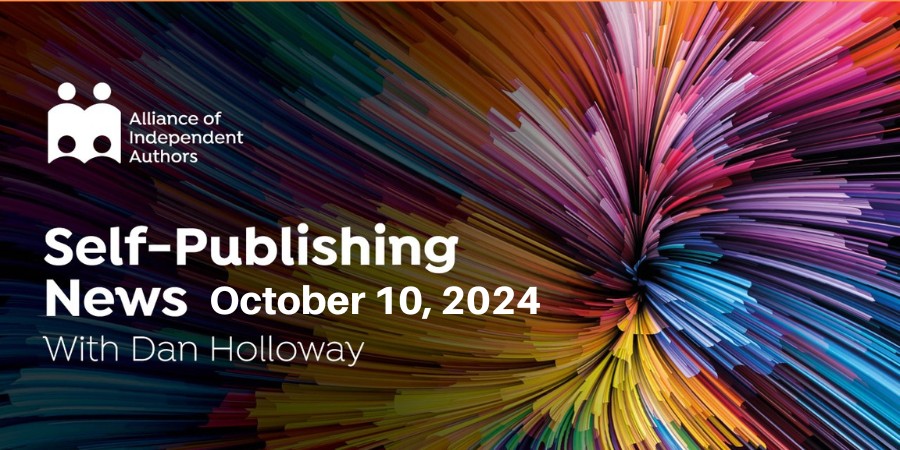Writers are geniuses. We, of course, would happily assert that. But this year’s MacArthur Genius Awards have firmly placed literary talent at the forefront.

ALLi News Editor, Dan Holloway
The MacArthur Fellowships, commonly known as the Genius Awards, are pretty much the kind of thing we all dream of winning: a life-changing sum of money with no strings attached, awarded with the expectation that the recipient will go on to accomplish something profoundly impactful. Each year, 22 Fellowships are given, each accompanied by $800,000 in cash. Fellows can come from almost any field or location. This year, nearly half—10 in total—are writers.
A full list of Fellows is available on the MacArthur website, with a list of all eight literary recipients on LitHub. Two things struck me about the list: first, I was thrilled on a personal level to see an award go to Alice Wong, one of the most consistently articulate voices on the disabled experience. Second, the group spans a fantastic range of literary activity, including poetry, novels, film, and no fewer than five in nonfiction.
Copyright News
In other news, copyright has jumped back to the headlines this week, thanks to the ongoing debate over Canada’s educational “fair use” exception for reproducing copyrighted material. The International Federation of Reproduction Rights Organizations (IFFRO) has issued a strong criticism of Canada’s refusal to address issues caused by its Copyright Modernization Act.
The Act effectively allows educational institutions to reproduce materials for classroom use without paying any fees. IFFRO, along with Access Copyright and Copibec, is calling for limits to fair use exemptions and for systems that ensure fines for infringement are enforceable and substantial enough to act as a deterrent.
This issue crosses my desk with sufficient regularity and vehemence to warrant a mention, underscoring that the debate remains active and calls for action continue.




